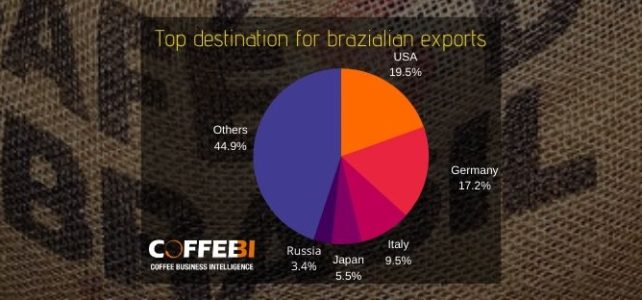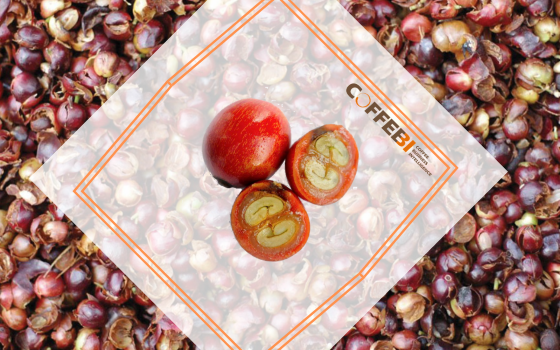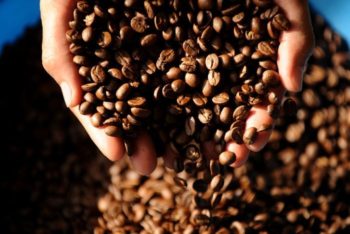Japan is the fifth-largest importer of coffee and coffee products. As per ICO (International Coffee Organization), in the 2020-2021 crop year, it is estimated that Japan imported 6751 bags (in thousand 60-kg bags) of green coffee beans; a 0.1% decline from 2018-19 due to an economic slowdown following the Covid-19 lockdown measures. Japan imported nearly 34% of green beans from
Japan: Asia’s biggest coffee market










